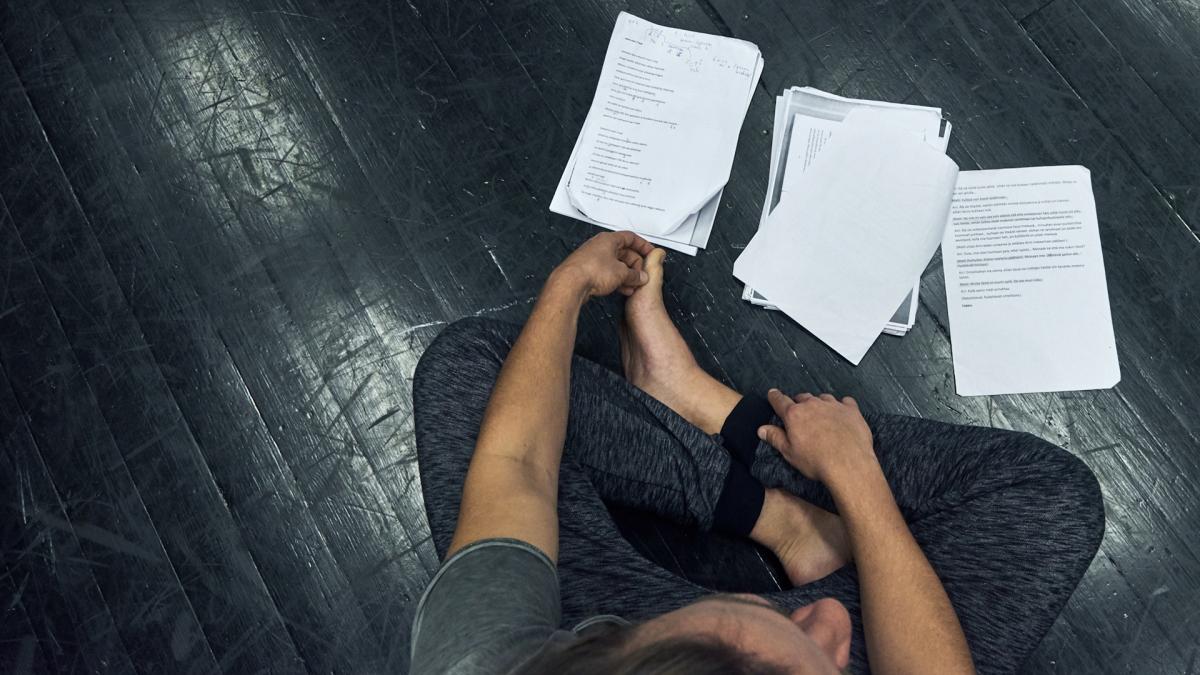“There has been a change in the work and identity of dramaturgs” – The new international master’s programme in dramaturgy responds to today’s needs
The University of the Arts Helsinki (Uniarts Helsinki) has launched an international double degree programme in dramaturgy. The Comparative Dramaturgy and Performance Research programme is organised in cooperation between five European universities. The concept of theatre has changed, which is why we need people educated in a new way, says Nikolaus Müller-Schöll from Goethe University Frankfurt.

Next autumn, the first double degree programme of Uniarts Helsinki, Comparative Dramaturgy and Performance Research, will be launched. The master’s programme will be implemented in cooperation between five European universities.
In practice, the programme works so that the students study the first semester at their own university, and the next two semesters at one of the four partner universities. The students return to their own university for the final semester to complete their thesis.
“This type of structure requires students to be mature and understand the nature of the programme. They must be prepared to learn the ropes of two different universities on a tight schedule,” says Otso Huopaniemi, Director of the CDPR Programme at Uniarts Helsinki and Professor of Dramaturgy and Playwriting at the Theatre Academy.
All of the five universities involved in the network, that is, Uniarts Helsinki, Goethe University Frankfurt, Paris Nanterre University, Université Libre in Brussels and Kunsthøgskolen in Oslo, independently plan their own curricula and select their own students.
The application period for the Uniarts Helsinki programme is in January and it will be carried out completely remotely. Applications are accepted from anywhere in the world. The language of instruction is English.
“I would be very happy if we received applications from international students,” Huopaniemi says.
This has been the case at least in Frankfurt, says Nikolaus Müller-Schöll, Director of the CDPR Programme at Goethe University. In keeping with the spirit of the time, I am talking to Huopaniemi via a video connection using the conference application Zoom, and Müller-Schöll has just joined the conversation.
“From the students’ perspective, the programme is interesting, as it provides an in-depth introduction to two different systems, both in terms of production and the artistic process. Students come from different countries and backgrounds and learn a lot from each other,” says Müller-Schöll.
According to Müller-Schöll, one of the reasons behind setting up the programme has been a shared vision of the importance of international cooperation structures starting from the grassroots level. While Europeanness is often built from the top down and based on the ideas of governments and civil servants, the CDPR programme has been created exactly the opposite way.
“A group of people in the same sector from different countries were already cooperating on research or theory. On that basis, we decided to create a programme for students who are interested in working together in different European countries.”
“The concept of theatre has changed over the past few decades, and we need people educated in a new way to respond to this”, says Müller-Schöll.
Huopaniemi thinks that, in addition to internationalisation, other interesting concepts in the programme include comparative dramaturgy and the relationship between dramaturgy and research. There has been a change in the work and identity of dramaturgs, as a wider spectrum of working methods in dramaturgy has emerged alongside text-based work, says Huopaniemi.
“The work of dramaturgs no longer belongs to dramaturgs alone, but it is done by many different actors or team members. It needs to be redefined, and this is what can be explored in the programme”, Huopaniemi says.